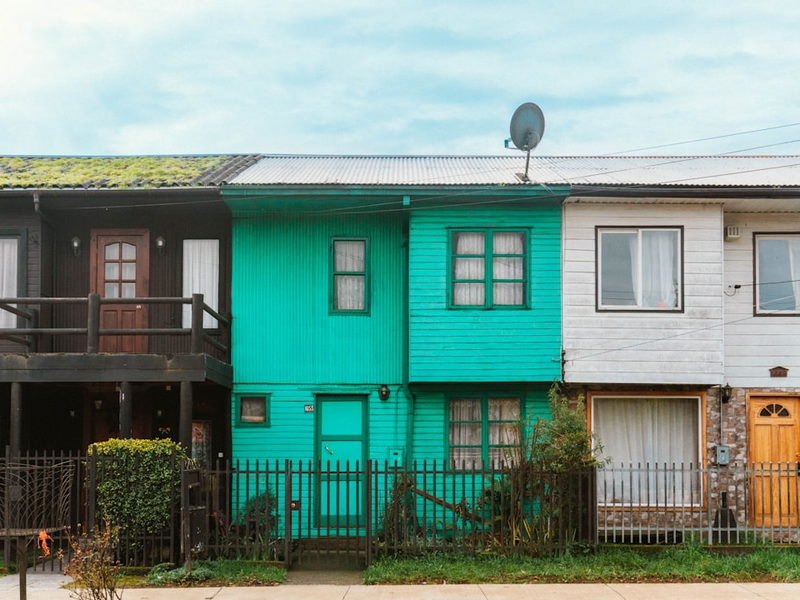Oakland Just Made It Way Easier to Build Housing – Here's How

Photo by Gustavo Sánchez on Unsplash
Housing developers and homeowners in Oakland are about to experience a game-changing permit process that could dramatically speed up construction timelines. The city has introduced a revolutionary “ministerial” design review system that automatically approves housing projects meeting specific objective standards, cutting through bureaucratic red tape.
Under this new approach, single-family homes and multi-unit projects with up to 30 units can now move through the approval process much faster. Instead of subjective design reviews that previously required lengthy public hearings and potential appeals, projects will now be evaluated using clear, measurable criteria.
What exactly does “objective standard” mean? Think concrete, quantifiable requirements like mandating front setbacks be at least 4 feet, rather than vague language about matching neighborhood “character”. This shift aims to make the permitting process more transparent, efficient, and predictable for everyone involved.
The changes build upon Oakland’s 2023 decision to essentially eliminate single-family zoning, which now allows homeowners more flexibility in developing their properties. Developers can now construct additional units that can be rented or sold, depending on lot size.
Bill Gilchrist, director of Oakland’s Planning & Building Department, emphasized that these changes will significantly accelerate housing development. Notably, many projects – particularly 100% affordable or mixed-income housing – will no longer require California Environmental Quality Act approvals, further streamlining the process.
For those interested in navigating this new system, detailed information is available on the city’s website, including specific application guidelines and objective design standards for various project types.
This progressive approach represents a significant step towards addressing housing challenges in the Bay Area, potentially making housing development more accessible and responsive to community needs.
AUTHOR: mls
SOURCE: Local News Matters
























































